I got some curious reactions when I read Douglas Murray’s The Strange Death of Europe.
I carried it into a doctor appointment and the doctor proceeded to ask me about and then confess, in hushed tones, that he was worried about Europe’s immigration crisis happening here.
Then I thumbnailed a few highlights to a European friend and she said the author was right on the money. She recalls the safety she felt in a capital city two decades ago, and laments that things are different now.
What’s been going on over there? Their immigration project is about 60 years old. They don’t produce enough children to fuel their welfare states, so they’ve allowed in workers from neighboring continents. But now, with crises on those continents, a mass of humans come at them like a firehose.
Here in America, we aren’t like Europe.
Or are we?
Europe is a less religious continent. Their philosophers deconstructed the pillars of their faith. Then Darwin came along. Since then, Europeans have sought meaning in science, in art, in humanitarianism. But Murray portrays them as having exhausted all these avenues, of living in a vacuum of meaning.
Into the middle of this come hordes of desperate people.
“The world is coming into Europe at precisely the moment that Europe has lost sight of what it is. And while the movement of millions of people from other cultures into a strong and assertive culture might have worked, the movement of millions of people into a guilty, jaded and dying culture cannot.”
Any European who objected to this onslaught, any European who foresaw it was labeled as “alarmist,” “scaremongering,” “racist,” or “Islamophobe.” By now, those who object have learned to keep their mouths shut.
But polls reveal that “views of European publics have increasingly diverged from those of their leaders. After nearly every terrorist attack the political leaders of Europe informed their publics that this had nothing to do with Islam, and that Islam was in any case a peaceful religion. The publics appeared to disagree. . . .
“Perhaps it is possible that rather than being bigots who make assumptions about vast swathes of people without any evidence, the young people who answered the . . . poll were simply guilty of reading the news.”
The people of Europe have had multiculturalism foisted upon them and the “ideologies – political and religious – of the incomers . . . were almost never a permissible subject for debate.”
But things are different here in America.
Or are they?
What questions should people be allowed to ask, without being called names and drummed out of polite society?
* * *
When the photo of a three-year-old refugee boy, drowned and washed up on a Mediterranean beach, showed up in newsfeeds the world over, rich nations ignited in a fever to help desperate families like that boy’s. But according to Murray, cooler heads could have asked a few questions and learned that his family “had set out from a safe country – Turkey. The father had chosen to leave that country – where he had paid employment – to get his family into Europe. The body of his young son had washed up not on a European beach but on a Turkish beach.”
What can make a continent not holler “Halt!” to mass immigration, especially when its ordinary citizens express objections in the few quiet channels left to them, like anonymous polls?
Guilt, says Murray. “More than any other continent or culture in the world today, Europe is now deeply weighed down with guilt for its past.” Citizens are made to feel like they owe space to the incomers. It’s payback. “Do you know what white people did?” Europeans are made to feel a “perpetual remorse.” Hating their own culture is a “demonstration of virtue.”
But we aren’t like that in America.
Or are we?
* * *
Remarkably, back in 1972, author Jean Raspail penned a book called The Camp of the Saints. Raspail set his story “at some future point in the coming decades and depicted a France – and Europe – in the process of being swamped by mass migration from the third world.” Murray tells us that the book was nearly unreadable. It was panned by polite society. Yet it sold well, which tells us that it spoke to some deep worry sitting the hearts of ordinary Europeans.
* * *
If you open your country to newcomers, do you have the right to defend your culture? Express your unease with any of the downsides of immigration? Demand anything of the newcomers?
Here are some of the questions Murray thinks Europeans have a right to ask?
— Why are states “that had been so open and liberal that they had allowed and encouraged large-scale migration portrayed as uniquely racist”?
— Why is it that “Europeans going anywhere else in the world is [called] colonialism whereas the rest of the world coming to Europe is just and fair”?
— What’s wrong with looking after your own interests? Critics call it Eurocentric, “[b]ut there is no reason why Europeans should not be, or feel, Eurocentric. Europe is the home of the European peoples, and we are entitled to be home-centric as much as the Americans, Indians, Pakistanis, Japanese and all other peoples are.”
Eastern European countries have not thrown open their borders the way their western neighbors have. Are they any less humane? Viktor Orban, Prime Minister of Hungary, says, “Flocks of obsessed human rights defenders feel the overwhelming urge to reprimand us and to make allegations against us. Allegedly we are hostile xenophobes, but the truth is that the history of our nation is also one of inclusion, and the history of intertwining of cultures. Those who have sought to come her as new family members, as allies, or as displaced persons fearing for their lives, have been let in to make a new home for themselves. But those who have come here with the intention of changing our country, shaping our nation in their own image, those who have come with violence and against our will have always been met with resistance.”
* * *
Those who have called Europe home for generations now live in a culture that tries to tell itself “that it is not such a bad deal: if there is a bit more beheading and sexual assault than there used to be in Europe, then at least we also benefit from a much wider range of cuisines.”
If they object to the downsides of diversity, their leaders react as though they “have clearly not experienced enough diversity, in particular they haven’t experienced enough Islam, and that if they did they would think differently. The polls in fact show the opposite. The more Islam there is in a society the more dislike and distrust there is in that society towards Islam. . . .
“Their priority has been not to clamp down on the thing to which the public are objecting but, rather, to the objecting public.”
* * *
What I fear is that we are only a few decades behind Europe.
What I fear is that my children, and their generation, won’t act any more wisely.
What I fear is that my children have been convinced that “perpetual remorse” about their culture is normal and even virtuous, that their own survival and flourishing is not too much to ask in the name of compassion.
What I would give my children is summed up in these words of Murray’s:
“[A] culture and a society are not things run for the convenience of the people who happen to be here right now, but a deep pact between the dead, the living and those yet to be born. In such a view of society, however greatly you might wish to benefit from an endless supply of cheap labour, a wider range of cuisine or the salving of a generation’s conscience, you still would not have the right to wholly transform your society. Because that which you inherited that is good should be passed on. Even were you to decide that some of the views or lifestyles of your ancestors could be improved upon, it does not follow that you should hand over to the next generation a society that is chaotic, fractured and unrecognisable.”
I recommend his book, emphatically.
Photo by falco500 on Visualhunt / CC BY-ND

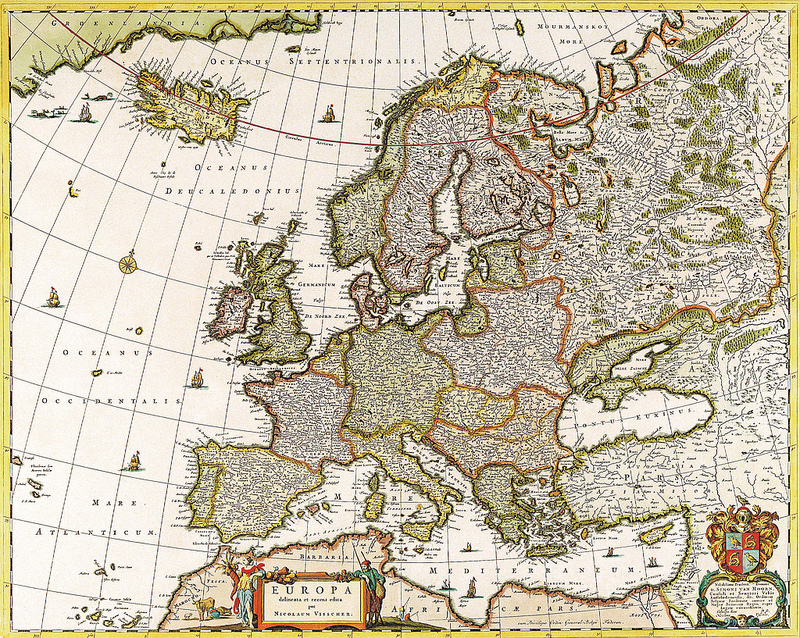
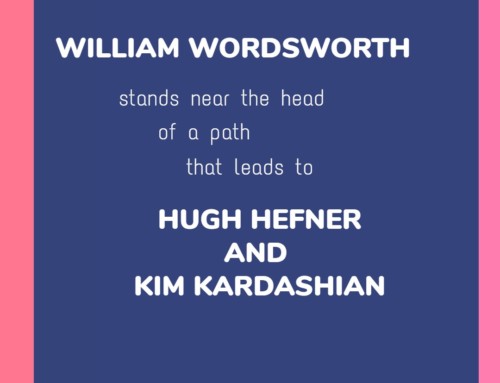
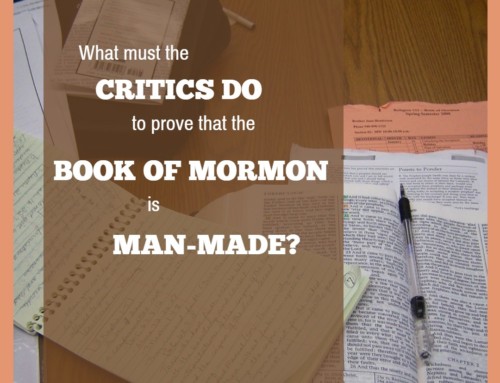
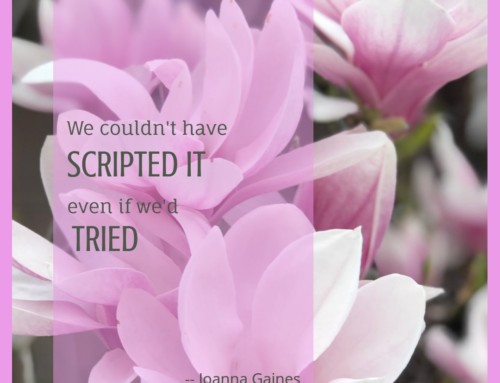
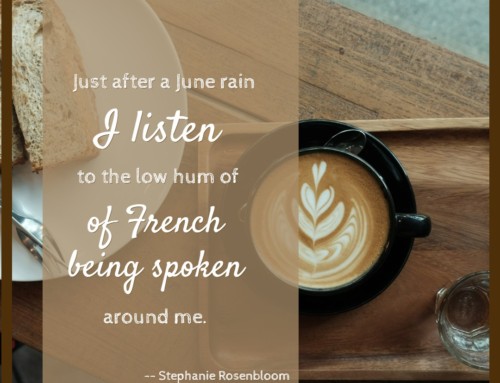
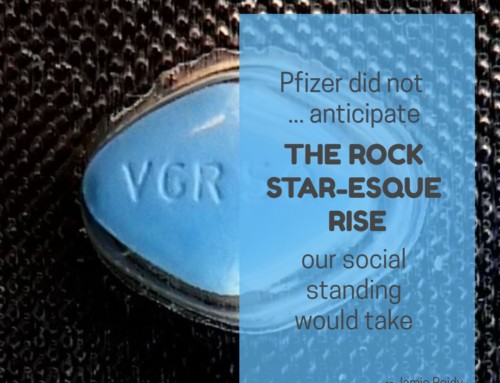
Leave A Comment